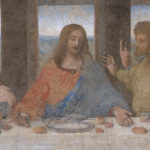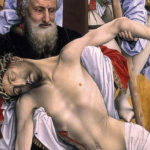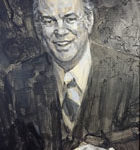
This is being written on the close of the 2012 Olympics in London, U.K, also known as Great Britain. It has been an excellent Olympics XXX – of the modern age. Today the American team in Basketball won the gold medal with a score of 107 to 101, playing the Spanish team. The American team included Kevin Love from the Minneapolis professional team, and the Spanish included Mario Rubio from the same team. (Both Olympic teams were manned by excellent players, some from professional teams in the sport.) Rubio is a Spanish citizen, but did not play in the game while recovering from an injury. He represented his country for the team. The Olympics had nothing to do with either… Read more







